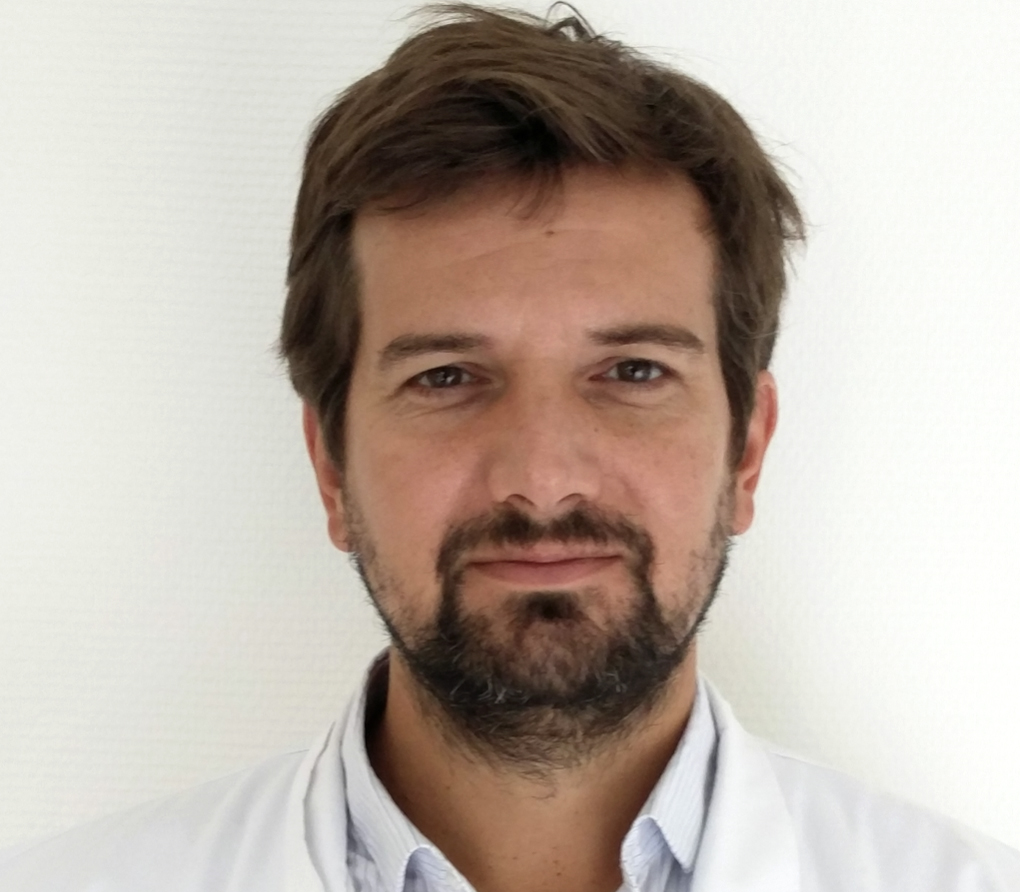Richard Delorme is head of the Center of Excellence for Autism Spectrum Disorders and Neurodevelopmental Disorders (InovAND) and head of the Department of Child and Adolescent Psychiatry at the Robert Debré Hospital, both in Paris, France. He has a broad background in child psychiatry and genetics, with expertise in the identification of biomarkers in rare diseases associated with autism. He is also a researcher at the Human Genetics and Cognitive Functions Laboratory at the Institut Pasteur, in Paris. In recent years, he has been involved in several research programs, brain imaging studies and IPSC-based drug screening technology. He is an author on more than 100 publications.

Richard Delorme
Head
Center of Excellence for Autism Spectrum Disorders and Neurodevelopmental Disorders
From this contributor
Coronavirus tool kit may aid families with autistic children during lockdown
To help families cope with the sudden loss of professional support during the pandemic, one team in France has created a set of resources and information.

Coronavirus tool kit may aid families with autistic children during lockdown
Explore more from The Transmitter
Expediting clinical trials for profound autism: Q&A with Matthew State
Aligning Research to Impact Autism, a new initiative funded by the Sergey Brin Family Foundation, wants to bring basic science discoveries to the clinic faster.

Expediting clinical trials for profound autism: Q&A with Matthew State
Aligning Research to Impact Autism, a new initiative funded by the Sergey Brin Family Foundation, wants to bring basic science discoveries to the clinic faster.
This paper changed my life: Shane Liddelow on two papers that upended astrocyte research
A game-changing cell culture method developed in Ben Barres’ lab completely transformed the way we study astrocytes and helped me build a career studying their reactive substates.

This paper changed my life: Shane Liddelow on two papers that upended astrocyte research
A game-changing cell culture method developed in Ben Barres’ lab completely transformed the way we study astrocytes and helped me build a career studying their reactive substates.
Dean Buonomano explores the concept of time in neuroscience and physics
He outlines why he thinks integrated information theory is unscientific and discusses how timing is a fundamental computation in brains.
Dean Buonomano explores the concept of time in neuroscience and physics
He outlines why he thinks integrated information theory is unscientific and discusses how timing is a fundamental computation in brains.